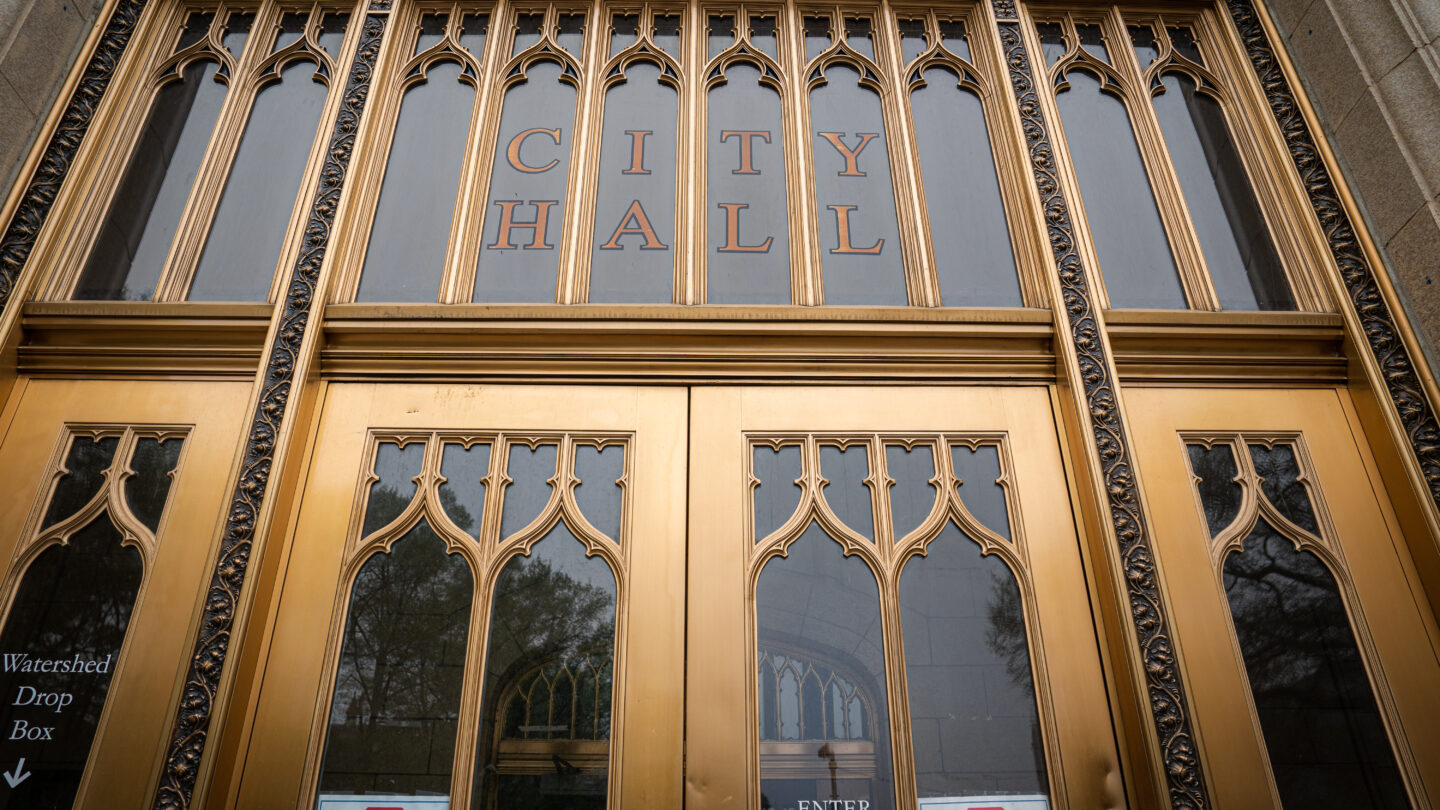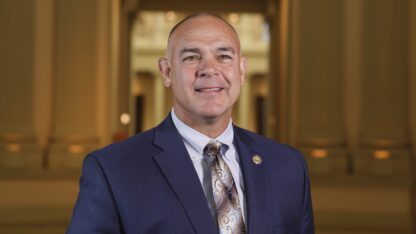A special task force is recommending several changes to protect the rights of City of Atlanta employees who are suspected of wrongdoing by the city’s inspector general.
The task force was assembled by the Atlanta City Council last month in the wake of allegations by some city employees that Inspector General Shannon Manigault had been going too far with her investigations, including by showing up to private homes for interviews and confiscating city-owned and personal property.
Manigault has said those allegations are not true.
In 2020, the city’s Office of the Inspector General — or OIG — was created due to an embarrassing federal probe into corruption at Atlanta City Hall that led to several city employees doing federal time.
The seven-member task force published its final report on Nov. 6.
If adopted by a majority of the city council, Atlanta’s OIG would be required to limit its work to only “substantial misconduct, such as gross mismanagement, gross waste of funds or a substantial violation of law, rule, or regulation, or conduct that undermines the independence or integrity reasonably expected of an official.”
The office would also need to fully inform city employees of their rights and responsibilities before interviewing them about possible misconduct.
Plus, the office would have to provide employees with more details about their investigation and allow an attorney present during any discussions with employees, who could now file an appeal if they believe they were “wrongly targeted or unfairly treated” by the inspector general.
Atlanta Mayor Andre Dickens called the recommendations “practical and grounded in common sense.”
“The OIG is a vital part of our city and is absolutely here to stay,” Dickens stated in a press release. “These recommendations, if approved by city council, will clear up ambiguity in its operations and processes, especially those concerning the rights of city employees.”
However, in an emailed statement to WABE, Manigault said she sees several issues with the task force’s suggestions.
“The task force report and its recommendations were largely driven by the false premise promulgated by the mayor’s office that OIG has acted badly and, accordingly, needs to be reined in,” Manigault wrote. “In fact, OIG has been functioning like any office of inspector general should.”
According to Manigault, the task force should have been given more time to review current OIG practices and allowed subject matter experts to give remote testimony to prevent them from making recommendations that are “contrary to industry norms and best practices.”
“Ultimately, the public needs to be aware that many of the task force recommendations threaten the independence and effectiveness of OIG,” Manigault said. “In the face of these recommendations, OIG will continue its 2023 pursuit of legislative revisions that will help, not hurt, OIG’s ability to serve the people of Atlanta.”










